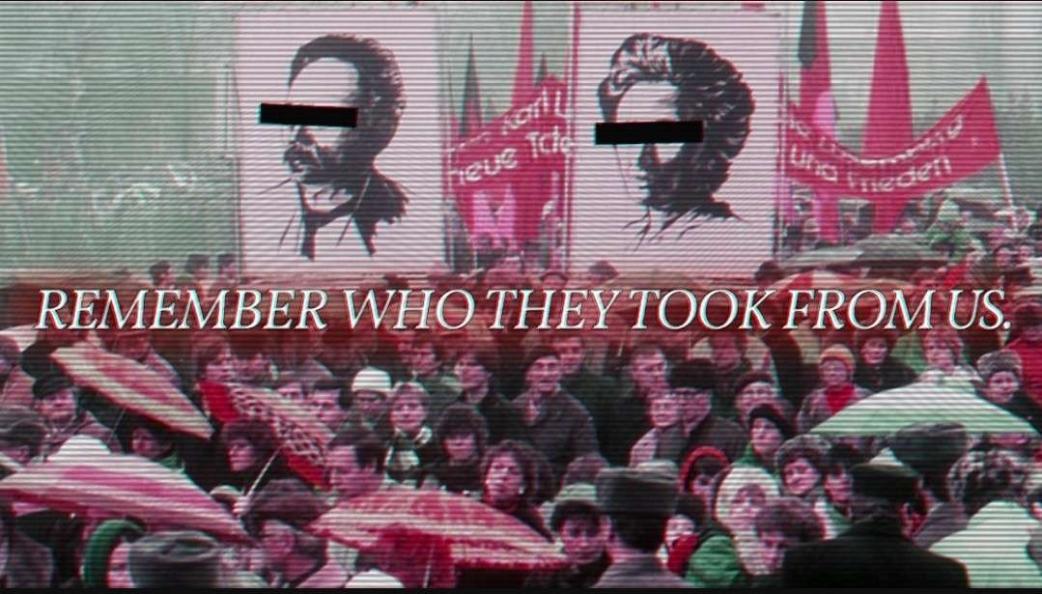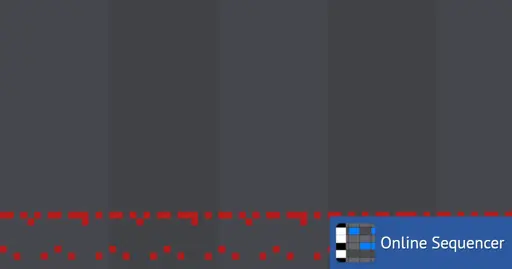The Free Penguin
Communism is not about removing excess. Communism is about redistributing excess to the proletariat.
- 293 Posts
- 1.13K Comments
 16·10 days ago
16·10 days agoAnd of course it’s Christians. Every time some systemic child abuse happens it’s almost always at the hand of religious fundies
 12·10 days ago
12·10 days agoWhy are gen xers so appalled at the idea of…
treating kids like fellow human beings?
holy shit polcomp irl

 1·18 days ago
1·18 days agohttps://youtube.com/shorts/x1auTcXFJNw
A video of metamorphosis
Just don’t translate “metamorphosis” to Japanese
 3·26 days ago
3·26 days agoWait, I thought you meant the electoral system as “you need a majority, not just a plurality, to win”
 3·26 days ago
3·26 days agoOK
- what’s a ZAST\
- what’s so bad about a majority plus electoral system? don’t socialist countries also use those to some extent?\
- What is the personality right
From what I saw, Bo was basically all bark and no bite. He talked about socialist culture and all that while at the same time being buddy-buddy with wealthy capitalists

 17·1 month ago
17·1 month agoi feel like lemmy is the internet as it should have been before it got corporatized
although imo we should start introducing custom html in profiles

 1·1 month ago
1·1 month agook why are you so eerily sounding so similar to that guy saying i’m pretending to be russian

 2·1 month ago
2·1 month agoyeah i was in communist groups and still am, it was just that the roblox elevator community is a shithole filled with people who make being anticommunist their whole personality and harass anyone who dares to say anything positive about the CPC

 1·1 month ago
1·1 month agoWait a sec, what you said up there sounds exactly like what that guy said to me that I’m “pretending to be Russian”

 1·1 month ago
1·1 month agoI had some drama in the past with someone from the Roblox Elevator Community (i alr made posts about what a shithole that place is) and i thought someone was cool but they turned on me

 1·1 month ago
1·1 month agoI think about it too i only ask the robot after i alr thought about it

 11·1 month ago
11·1 month agoAnd honestly i think the main reason is that i feel like i worry too much about my own self-image and have had bad experiences with other hoomins on the interwebs being absolute assholes to me cuz i told them im a commie in confidence only for them to share it with their friends who then went on to harass me and idk i just feel like because the robot wont talk about me behind my back i dont feel as much weighing me down talking about more sensitive stuff to it

 11·1 month ago
11·1 month agoYeah but the things i ask the robot about a real hoomin would find it really creepy to talk to a stranger about

 1·1 month ago
1·1 month agoAlso i delete my convos about these things after 1 prompt so i dont have a lasting convo on that But tbh exposure to the raw terms of the topic has let me go from tech allegories to T9 cipher to where i am now where i can at least prompt a robot using A1Z26 or hex to obscure the raw terms a bit

 1·1 month ago
1·1 month agoHave there been cases of deepseek causing ai psychosis or is it just chatgpt

 12·1 month ago
12·1 month agoYeah but what if i make em uncomfyyyyy

 44·1 month ago
44·1 month agoI dont like writing my own thoughts down and just having them go into the void lol and i want a real hoomin to talk to about these things but i dont have one TwT











Pic 2 looks AI generated